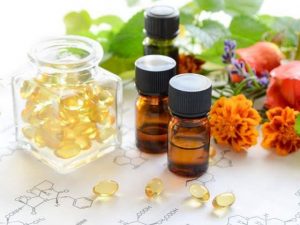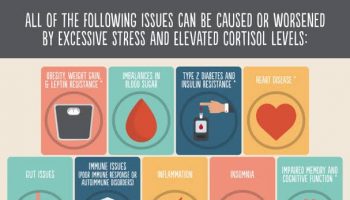COVID-19: THE ROLE OF NUTRIENT SUPPLEMENTATION
OVERVIEW
It’s been established how nutrition plays a vital role in the in supporting and building a healthy immune system.
A new strain of the dreaded COVID-19 is out and so much research is going on about food supplementation and drugs to help in the management of coronavirus.
Apart from protein which helps to rebuild worn out tissues and support immunological functions, there are other micronutrients to consider while preventing against coronavirus.
Let’s take a close look at the possible nutrients which are implicated in immune defense and how to supplement them to avoid deficiencies during this pandemic.
These micronutrients include vitamin C, vitamin D, B complex vitamins, iron, zinc etc.
A little research claims that that people who suffer from infectious diseases will show abnormal low levels of vitamin C; this could result in impaired immunity and higher susceptibility of the immune system being attacked by the viral infection have an impact on vitamin C levels due to enhanced metabolic requirement.
A deficiency in other aforementioned nutrients might lead to high susceptibility of a breakdown in the immune system leading to high vulnerability to the virus and other infections.
As we all know, the virus comes in through the respiratory system and takes it route through the circulatory system to other organs thereby leading to multiple organ failure.
Since the onset of the virus, there has been so much speculations as to the roles of supplementation with various nutrients as mentioned above. Let’s see these speculations and how plausible they are:
Currently there is no robust research to support supplemental therapy for the prevention or treatment of patients with COVID-19. At this point in time, ascorbic acid, zinc, vitamin D, and N-acetylcysteine are noted as biologically plausible for the prevention and treatment of COVID-19, however, additional research is needed to look at taking these agents for treatment. Here we take a look at their biologic plausibility, clinical data and potential role.
ZINC
Zinc is known to be important for immune function. It has a role in antibody and white blood cell production and fights infections, while zinc deficiency increases inflammation and decreases the production of antibodies. High-dose zinc has also been found to reduce the duration of symptoms of the common cold. It is not yet clear whether zinc supplementation benefits patients with lower respiratory tract infections such as COVID-19. Because of its role in immune function and potential to decrease coronavirus replication, zinc is currently being investigated for the treatment of patients with COVID-19.
VITAMIN D
Vitamin D deficiency is common, with lack of sun exposure, older age, corticosteroid use and darker skin associated with lower concentrations of 25-hydroxyvitamin D. This deficiency is associated with a higher incidence of acute respiratory infections. It is also hypothesized that there is a link between seasonal influenza and vitamin D deficiency. Vitamin D supplementation has also been shown to decrease the incidence of acute respiratory infection. While it has yet to be studied for prevention of COVID-19 infection and should not be recommended to patients, some recent articles have recommended taking daily supplements to raise 25-hydroxyvitamin D concentrations to reduce infection risk.
VITAMIN C
Ascorbic acid, or vitamin C, is an antioxidant, with a number of studies suggesting that vitamin C supplementation impacts the immune system. Additionally, studies in birds have shown that vitamin C might protect against avian coronavirus infection, with human trials finding that vitamin C may decrease susceptibility to viral respiratory infections and pneumonia. New clinical trials are underway in China and the United States to determine if vitamin C might be used as a treatment for COVID-19.
Very high doses of ascorbic acid are being administered to patients to ascertain the effects of vitamin C in managing COVID-19 affected patients. Doses that are 10 times the normal 65mg-90mg daily.
N-ACETYLCYSTEINE
N-acetylcysteine is converted to glutathione, which is an antioxidant that is depleted due to oxidative stress or systemic inflammation. Administration in vitro and in vivo leads to anti-inflammatory effects and antioxidant effects in a number of pulmonary diseases, including viral pneumonia and acute respiratory distress syndrome. Because patients with COVID-19 have evidence of systemic inflammation, often have their course complicated by acute respiratory distress syndrome, and may have respiratory mucus buildup limiting adequate airflow, systemic or aerosolized N-acetylcysteine (or both) may be beneficial in this specific patient population.
There does not seem to be a role for N-acetylcysteine supplementation to prevent COVID-19. However, N-acetylcysteine administration may improve outcomes in patients with established COVID-19 and should be studied further.
CONCLUSION
These are still speculations and still ongoing trials. To keep a healthy immune system, your body needs loads of micro and macro nutrients to achieve that. These nutrients mentioned in the post are all embedded in fruits, vegetables, whole grains, legumes and nuts. Endeavor you get optimum nutrition always and swap refined foods for vegetables and fruits.





